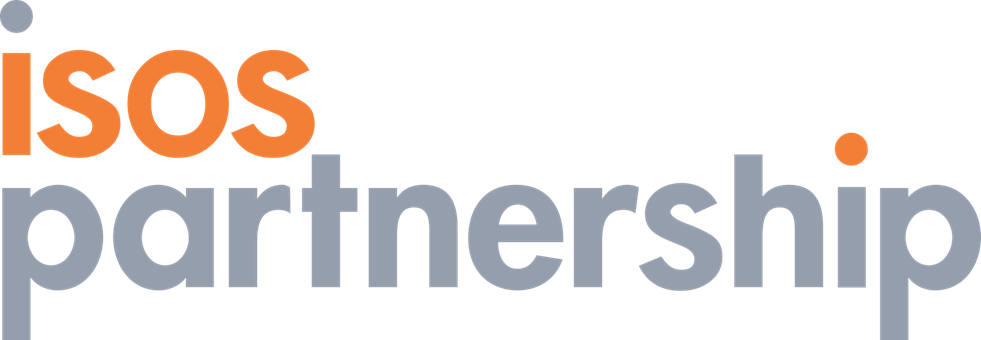The future of SEN funding
To find out about how Isos Partnership could support you in improving your SEN strategy, provision and funding arrangements, please get in touch with us as info@isospartnership.com.
As part of recent changes announced to introduce a national funding formula for schools in England, the Department for Education (DfE) has now published a parallel consultation on reforming funding for children and young people with high needs in England. This includes children and young people, aged from birth to 25, with special educational needs (SEN), and those who require support from alternative provision (AP).
Between autumn 2014 and summer 2015, Isos Partnership was commissioned by the DfE to work with 13 local education systems, to understand in detail how local SEN funding arrangements were working and to develop a set of recommendations for how the current SEN funding framework could be improved. Our research was published by the DfE in July 2015. The DfE consultation on high needs funding draws heavily on our findings and recommendations, and proposes:
moving to a new, formula-based approach to allocating the high needs block to local authorities from 2017-18, using a range of proxy indicators of need (including deprivation, low prior attainment, and health and disability factors);
improving the consistency and transparency of funding for mainstream early years settings, schools and post-16 institutions;
reforming the way in which places in local specialist provision (e.g. special schools, units, resourced provisions, and in post-16 institutions) is shaped, planned and commissioned.
We know, from our work with individual local authorities – for example, reviewing their SEN strategies, specialist provision, and local partnerships – as well as from our national research, that these reforms are much needed. Equally, we know that the work to implement large-scale changes requires careful consideration, evidence-based strategic decisions, and broad and deep consultation with education leaders, professionals, and young people and their families. We would be very happy to share what we have learned from our national research and local reviews to help you consider your approach to implementing these recently-announced reforms of SEN funding.
To find out about how Isos Partnership could support you in improving your SEN strategy, provision and funding arrangements, please get in touch with us as info@isospartnership.com.
